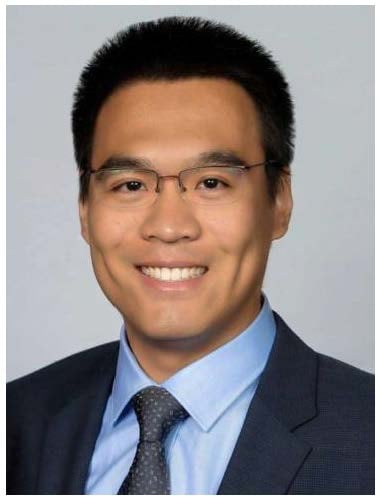Need Help?
14 May 2024
Interview with Dr. Yi Zheng—Winner of the Energies 2023 Young Investigator Award
We are pleased to announce the winner of the Energies 2023 Young Investigator Award, Dr. Yi Zheng.

Name: Dr. Yi Zheng
Affiliation: Department of Mechanical and Industrial Engineering, Northeastern University, Boston, MA 02115, USA
Research interests: nanoscale thermal transport; nanoengineered materials; multifunctional composites; microfluidics; chemical and biological nanosensors; renewable energy harvesting; thermophotovoltaics; photon-based radiative cooling
The following is a short Q&A with Dr. Yi Zheng:
- What is your current research direction? Why did you choose this field?
My current research is focused on the functional materials for sustainable energy applications including passive radiative cooling, battery thermal management, and solar-driven water desalination. Sustainable development is crucial for addressing global warming. My research aims to resolve the energy and water crises, two major challenging issues that human beings are facing nowadays.
- What will some of the hot research topics in this field be in the next few years?
I believe that the hot research topics should be centered around cost-effective sustainable energy and water, further reducing GHG emissions. As I mentioned in the previous question, we need solutions for these challenging problems. We should think about how to effectively absorb and transform clean energy into other types of energy.
- Have you encountered difficulties in your research? How did you overcome them?
Our Nano Energy Laboratory at Northeastern University (Boston, MA) has studied nano-engineered materials, metamaterials, and hydrogels for passive cooling and water desalination over the past few years. We have published a few good journal papers, but we wondered, how can we put our research into practice to benefit the wider community? This was a problem at the lab scale, the pilot scale, and the industry scale. In addition to designing nanomaterials, we then switched to low-cost materials from daily life waste (recycled plastics), farm waste (cow manure), forest waste (oak tree leaves), and ocean biomass waste materials (lobster shells and squid ink). They not only function well but also reduce our carbon footprint.
- What qualities do you think young scholars need to possess?
Firstly, hard work, secondly, patience and, thirdly, an open mind for innovation.
- Do you have any suggestions for improvement on the awards?
It might be better to organize a symposium in the future for all award recipients to present their research work to the research community.
- Energies is an open access (OA) journal, what impact do you think OA has on author submissions?
OA is trending. It has positive impacts on journal publications, as more and more authors/readers are able to access scientific findings. As an author, I would be pleased to see that our research work can be read widely without any barriers within and outside the research community.

